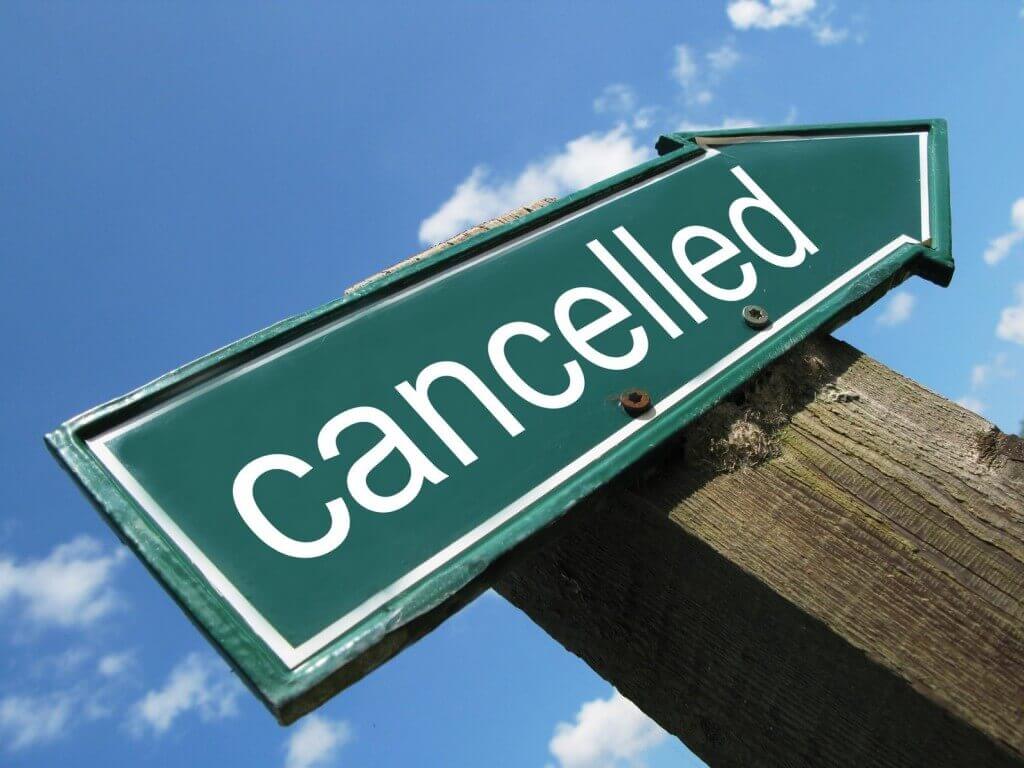
In the past few months, major hotel brands have started to extend cancellation policies, with some exceeding the previous standard 24-hour policy. Executives outlined why their brands are launching the changes and what they mean for owners.
Hotel brands, such as Marriott International, InterContinental Hotels Group, Hyatt Hotels Corporation and Hilton, have recently rolled out new standard cancellation policies to either formalize a 24-hour policy or impose a stricter 48-hour window, which could help properties better manage room inventory.
Reactions to the revisions from industry experts and executives have been mostly positive.
Chris Nassetta, Hilton’s president and CEO, told investors and analysts on the company’s second-quarter earnings call that in some markets, last-minute cancellations have skyrocketed, which is why the company initiated the change within the company.
“It’s not good for anybody; it makes it very hard for us to manage inventory,” he said. “And the net result of that is it costs everybody, because if we can’t manage the inventory, there is ultimately a cost to that, (which) at some point gets borne by the consumer. And so the idea is we’ve got to be able to understand what people want to do a little bit earlier, a little bit closer in.”
What brands are doing
Effective 15 June 2017, Marriott launched its 48-hour cancellation policy at hotels in the Americas, including the United States, Canada, Caribbean and Latin America, and policies will vary by hotel, according to a company statement. Marriott Vacations Worldwide and Design Hotels are exempt from the policy change.
Arne Sorenson, president and CEO of Marriott, said during the company’s second-quarter earnings call that feedback on the new policy has been encouraging.
“We did some beta testing in some markets before rolling it out as a brand standard, to see how customers responded to it,” he said. “Nobody likes incremental restrictions on the flexibility of reservations, but I think most customers understand that we’ve got a need to manage our inventory and avoid walking people and doing those sorts of things. And as a consequence, the response has been just fine, and we think really (there has been) no impact on the business.”
Nassetta added during Hilton’s call that about 10 or 20 markets around the country in Hilton’s portfolio will go one step further and implement a 72-hour cancellation policy where appropriate.
For Hyatt, revenue-management teams at the corporate office in Chicago have the final call on the cancellation window, said Mark Hoplamazian, president and CEO of Hyatt, during the company’s second-quarter performance call.




